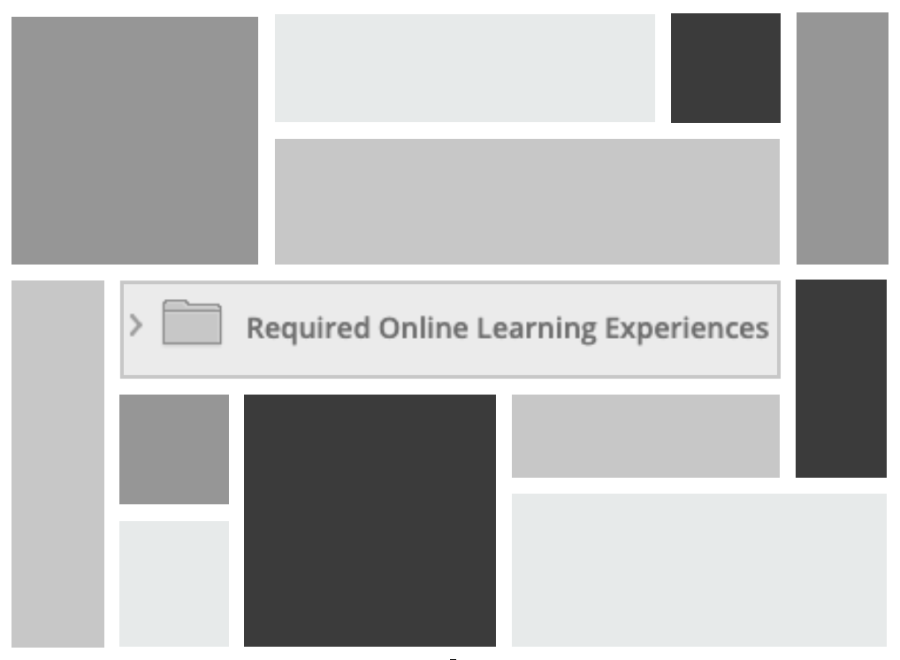Paly’s shift in implementing distance learning has received both praise and criticism from students and teachers regarding the self-paced, asynchronous learning systems.
Required Online Learning Experiences have provided students with online learning opportunities since April in lieu of face-to-face instruction caused by the spread of COVID-19. The current ROLE system designates three hours of work each week per course to each student.
Self-paced learning is new to many students, especially for core classes. Some students, like sophomore Rowan Nag, said they feel that the new system allows for less stress and improved learning. Those who feel that they are benefitting from ROLEs attribute its success to the added freedom and flexibility students have with their learning.
“Time management is very flexible; I can choose to do 100% of one class in a day, or spread it out during the week,” Nag said. “It’s also easy for me to choose to spend more or less time on school each day.”
In addition, the ability to complete course work at any time during the week has allowed students like senior Benjamin Kong to better utilize time outside of school.
“I am less stressed and have more opportunity to learn at my own pace, while having a lot more time to work out, cook and eat better, play, talk with family and friends, learn about or experience things I’ve wanted to for a long time and just overall focus on bettering myself for a bit,” Kong said.
Paly Chemistry teacher Aparna Sankararaman stated that the extra flexibility has allowed for easier communication between students, teachers, and parents.
“I’m constantly in front of my laptop,” Sankararaman said. “People get my undivided attention, and I’m always available during my office hours.”
Additionally, according to Paly Music teacher Gregory Miller, distance learning helps allow students more opportunities to build certain strengths.
“Having band online provides an opportunity to gain new skills,” Miller said. Students are getting more of a chance to practice and learn on their own.
However, remote learning poses challenges that were not present during physical school interactions. According to sophomore Matthew Cao, the increased necessity of self-discipline in regards to work and time management is a new difficulty.
“It’s been really tough getting myself to focus and actually get work done,” Cao said. “When I do, though, it is very satisfying to learn independently and at my own pace. (There is also) a great lack of guidance and checks on student learning progress.”
Teachers have also experienced difficulties with ROLEs. Both Sankararaman and Miller cited a lack of interactivity in classes as problems with online learning.
“[ROLEs] cover a lot of the content we think is essential, but this doesn’t hold a candle to in-person lessons,” Sankararaman said. “In an in-person class, rather students just passively listen to us telling them about [class material], you might have a more lively discussion. That element is missing. I think of that as valuable to a lot of students.”
According to Miller, this problem is especially prominent in courses such as Band and Orchestra.
“Band is not really band without other people,” Miller said. “Music is almost always a two way street since you’re constantly adapting to what’s around you. [ROLEs] make that difficult.”
ROLEs are currently planned to extend throughout the rest of the 2019-20 school year, according to a statement released by Supt. Don Austin on April 1. The response to this year’s online learning system could be used to develop a similar option for housebound students in future years.
“There are more opportunities with areas we haven’t explored,” Miller said. “We can build in more interactive material in the future.”

